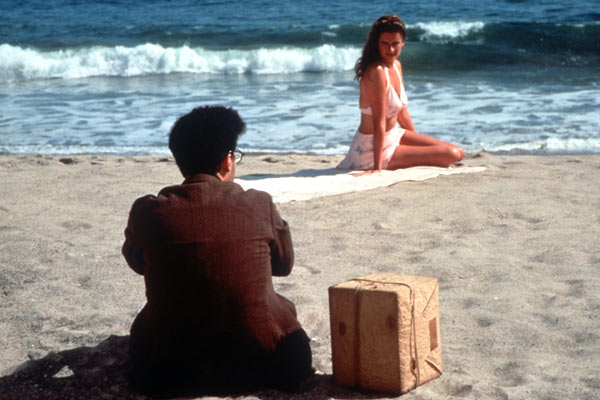
While watching any film, there is no greater joy – from the screen, at least – than a well-orchestrated plot twist. It comes as an even greater surprise, however, when the twist is not a mere U-turn in the middle, but rather a holistic plot alteration. The director does not pull the chair right at the moment you motion to sit, but leaves a small pin there that you’ll only understand once the pain sets in.
There is no greater pin than the film’s last frame; the only thing you’ll surely take with you once the film ends and all that’s left in your cinema seat is popcorn. Be it an actual plot twist, or a completely different spectrum through which to view the film’s events, to provoke the audience with the last visual taste they take from their creation is a director’s big achievement.
Below, we list the 10 films that are capable of making a significant modification or addition to their whole plot, just before the credits start to roll. There are definite spoilers ahead, so read at your own risk.
10. Basic Instinct (1992)
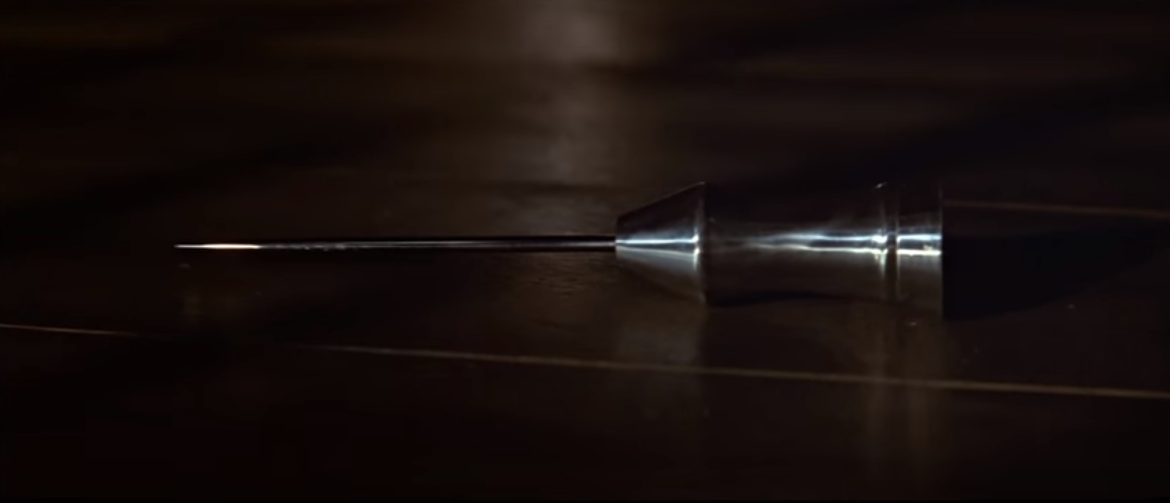
Ah, our most simple-minded choice, and yet one of the most fitting. This neo-noir could be no big deal, really: a bad-blooded tough cop tries to find what’s what concerning a brutal murder, only to find what’s inside the pants of a woman who might be involved with his case. However, put Sharon Stone’s (or not) close-up, Paul Verhoeven’s careful atmosphere, and you get this erotic thriller’s rescue from the VHS store shelf!
Last Frame’s Importance: Who is our ice pick killer? Surely, to see the ice pick right under Sharon Stone’s bed during her sexy time with Michael Douglas’ heroic anti-hero is a clue too many, but one could never truly be too sure – or could we?
Anyway, as simplistic and lazy as it might seem, this is not a pin whose boldness is to be ignored. The main clue is there, potentially right in the hands of our story’s villain, along with our protagonist’s fate – and we cut to black.
9. Solaris (1972)
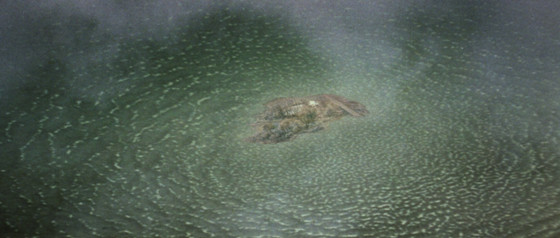
Ironically enough, a psychologist starts going insane with nostalgia while investigating why the crew of a station orbiting a nearby planet (Solaris) has gone insane. Haunted by the past, stunted by his own dreams of a life long lost, and surrounded by astounding images, our hero’s very first thought rationally sets to be leaving the planet. But at what cost?
Last Frame’s Importance: In the end, our hero is safely back home, hugging his father. But no man could be smarter than a malicious planet (located within?).
The camera moves away, and we get the greater picture – and the greater picture is our hero’s home, on Solaris. His return is a replica, he is forever trapped, and we come to face the terrible realization that despite the most comforting people and advice, there simply are some things from that we’ll never get away from.
8. Enemy (2013)
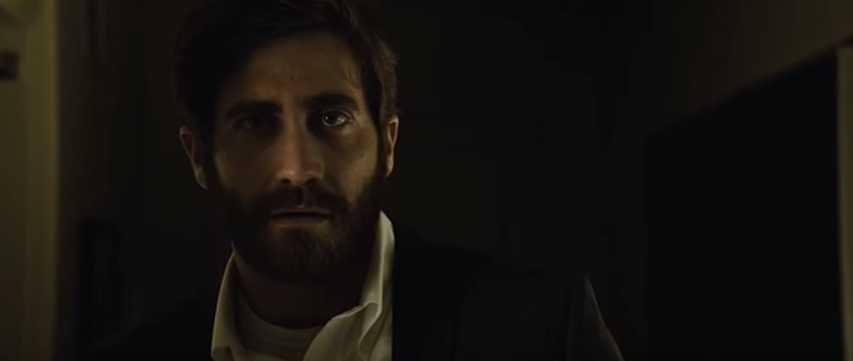
Lynch in the place of Lynch, this film was quite the slow burn of Internet conspiracy theories once it came out, and maybe for good reason. This story is about a man searching for his doppelganger after spotting him in a casual flick, his relationship with two women, and a big heel crushing down a spider. And huge spiders conquering a metropolis. And the ending’s spider.
Last Frame’s Importance: I know, everybody is buzzing about this huge spider on the wall. And with such a creature lurking on the wallpaper, who would be occupied with anything else within the same kilometer?
But it is Jake Gyllenhaal’s disappointed look that gives a clue as to the meaning of this absurdity. He isn’t afraid, he isn’t surprised, he is, as taught by himself (or his other self?) in the beginning of the film during a history class, merely seeing history repeat itself.
Regardless of whatever straw from the bunch of crazy web analyses you choose to go along with about the symbolism of the spider, the important thing to know is that he never gets away with it once the credits roll. The whole film is a repeated pattern, which is to be repeated once more, and he surrenders to the web.
7. Videodrome (1983)
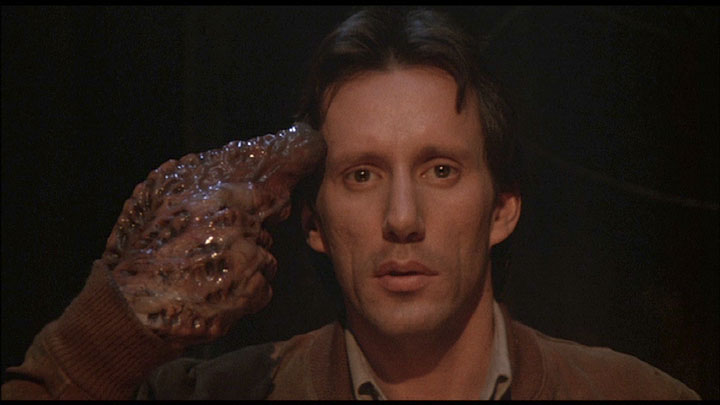
Max is a TV programmer who comes to confront the most vicious TV channel in the world, seemingly fronting for a powerful global conspiracy – and finds out about Videodrome. Videodrome depicts endless and addictive images of violence, sex, and ultraviolent sex, and there seems to be nothing that’s able to stop it. Or is there?
Last Frame’s Importance: During an ending sequence of hallucinations and dubious attacks against television sets, our hero is left alone with a TV talking to him. Once disemboweling it with a gun integrated in his own hand, he decides to listen to its advice. In our last frame, our hero turns the handgun against him.
But has the TV won? Is it his free will to do so, to be free from what this program has imposed upon him? Or is it all over, because nothing really matters, for now he loves Big Brother?
And was the whole movie the story of a man attempting to raise gory resistance, or merely the process Videodrome routinely chooses to turn any of its passionate viewers to a humanoid pawn, with strings attached to the remote control?
6. Barton Fink (1991)
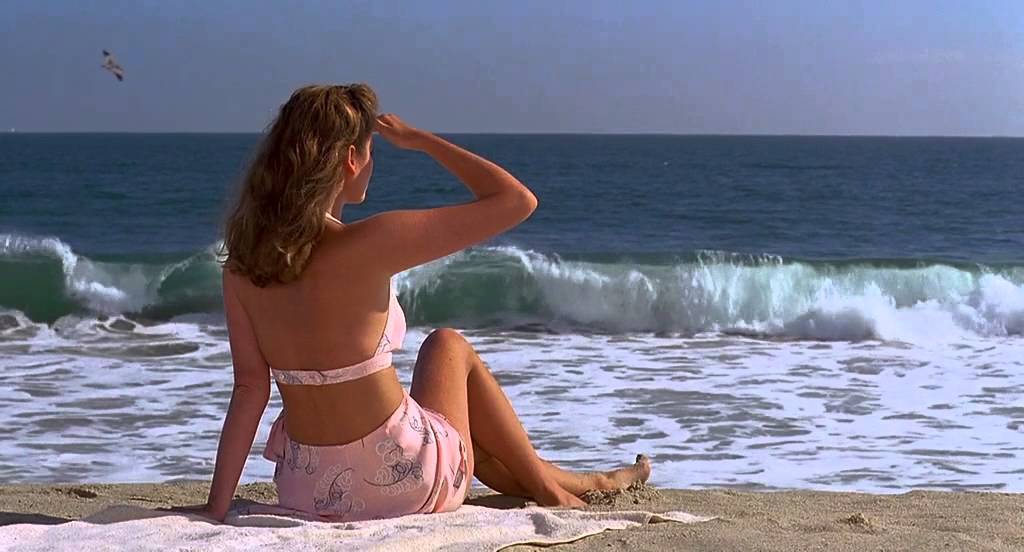
An idealistic and artistic New York playwright willingly steps inside the web of Hollywood’s giant industry – and of his first writer’s block. An unwelcoming room, in an unwelcoming hotel, filled with unwelcoming people – one of whom is our hero’s semi-welcoming neighbor. And on top of that, a dead body discovered in our hero’s sheets.
Last Frame’s Importance: Spare it for the metaphorical discussion about suitcases and freedom of mind. A lady in a bathing suit comfortably sits by the waves, looking at them. But the way the frame is shot and orchestrated… this is it! We see our hero observing her, we cut to his POV and… we are looking at the painting from our hero’s room! In real life!
Were we watching nothing but the attempt of our writing Ulysses to reach that shore, only to find out that it too is contaminated by the minimalism of everyday life and the unfortunate predestination of any human existence towards death?